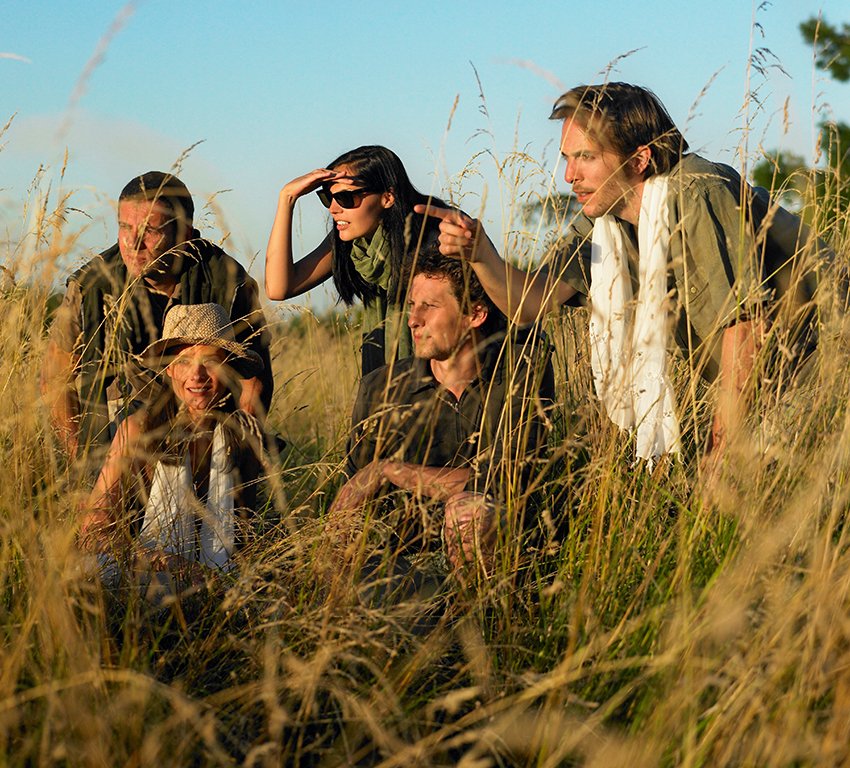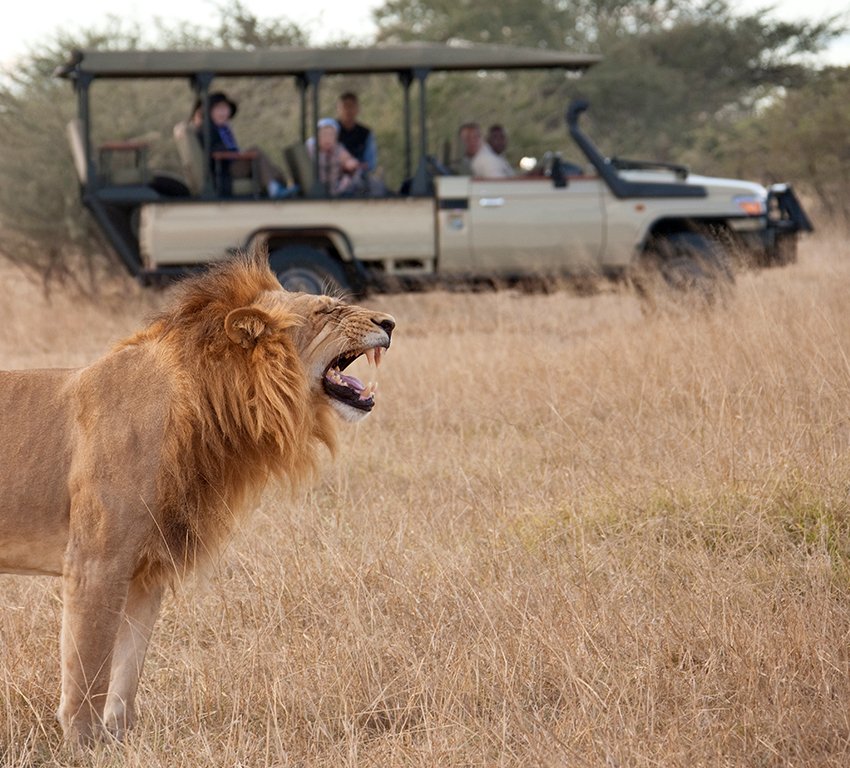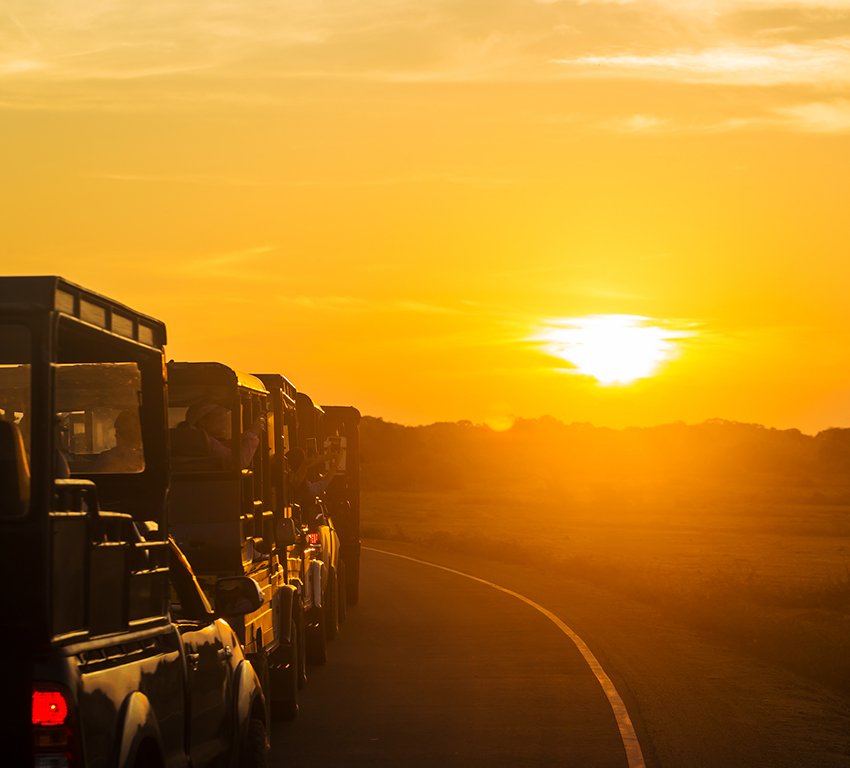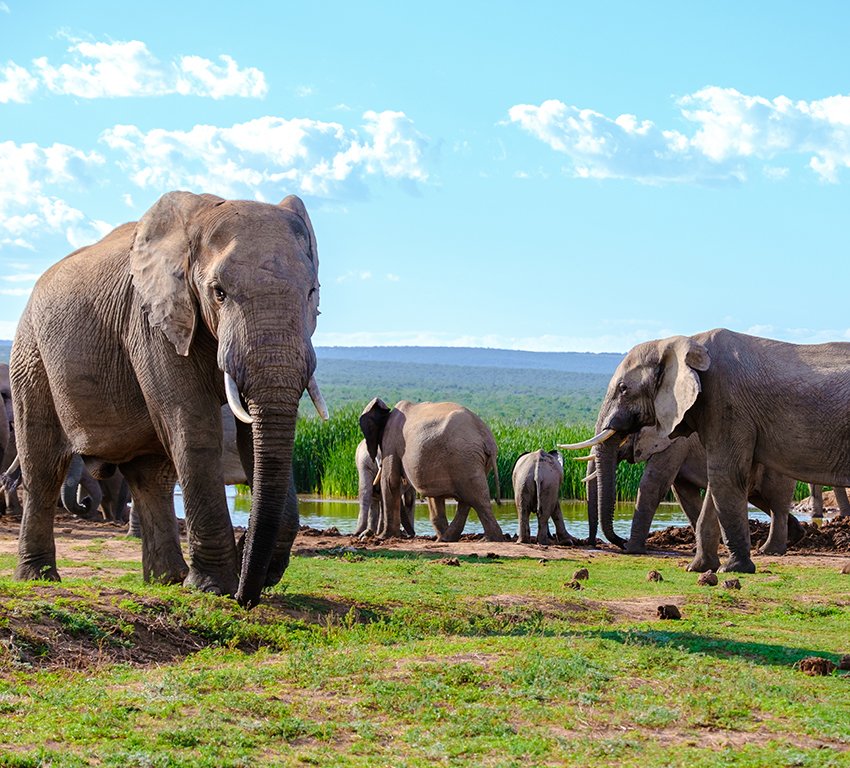It is not hidden that food is an essential part of any safari experience. One would distinctively wonder about the itinerary, the accommodation, the different tours and excursions on offer and most of all, the food. While African safaris are especially renowned for its once-in-a-lifetime game excursions, unbroken wilderness, and mind-blowing habitant wildlife, it doesn’t mean the food is any less desirable; therefore what exactly is plated while you’re on a safari?
WHAT TO EXPECT ON YOUR PLATE WHILST ON SAFARI
National parks and reserves are typically widespread from farmers’ markets and grocery stores. In fact, they are usually a charter flight or a long drive away. However, this doesn’t stop chefs from snapping up delish food for the guests. Most camps and lodges join hands with the local community for dairy, vegetable and seasonal ingredients supply. In general, you can expect familiar food with occasional local touches.
Very few safari lodges offer carte du jour dining. Most offer buffet-style menu, generous trays of handmade treats, some delicious treats during tea time and/or three-course dinners. Some lodges also have set cuisine.

HERE ARE THE USUAL FOOD CHOICES ON A SAFARI:
WE MAKE ROOM FOR ALL DIETARY NEEDS
We provide vegan, vegetarian, regular and gluten-free meals. For other dietary needs, simply let us know prior to travel. We are contented to arrange your needs with the lodges and hotels.
- Breakfast or brunch: You can look forward to a spread that entails las omelets to quiches with a diversity of salads. English breakfast is also typically served with toast, sausage, pastries, delicatessen, cold meat, coffee, and tea. Oats, Cereal, fruit, bread, eggs, and cheese are also very common.
- Lunch: Frequently, lunches are prepared for a picnic style meal in the middle of your game drive. Sometimes, guides/drivers also take you back to the lodge or camp for a hot sit down meal before going on an afternoon or sundowner game drive. Food usually comprises of sandwiches and fruits.
- High tea: Before departing to your late afternoon game drive, nibbles, or bitings, as it is usually called in East Africa — are furnished. Freshly roasted peanuts or cashews, cakes, sandwiches, biscuits, quiches, and tarts are the usuals.
- Sundowners: On your final game drive of the day, you will be enjoying alcoholic beverages (think wine and beer) with snacks such as nuts, dried fruits, and hors d’oeuvre as you watch the sunset across the wildlife-ridden fields.
- Dinner: Put together at the lodge or camp, dinner is usually served in three courses: soup, mains, and dessert. A variation of spreads during your stay ranging from meat, fish and pasta dishes served with assorted vegetables and sauces will tantalize your palate
- Drinks: a range of alcoholic and non alcoholic drinks are available at all lodges and camp. Most camps provide 500 ml of water per person per night in the rooms complimentary and the rest can be bought at the bar with prices ranging from US$ 2 depending on what you choose to drink.
As a general rule of the thumb, the level of refinement and the alternatives available depends on the where the lodge is able to get it’s supplies from.Usually, the further the lodge is away from the city the simpler the menu, however the doesn’t mean you can misjudge the connoisseur of food of the safari lodge. As a matter of fact, your palate will continue to be surprised and tantalized through your African Safari.
HATS OFF TO THE CAMP CHEFS
Did you know that camp cooks have very demanding tasks? Apart from the fact that they have to come up with a variety of meals that must suit individual palates, they have to whisk the meals up using essentials that are usually from stockists or stores that are remote from the camp or lodge. They also make certain that all the essentials remain garden-fresh and unconsumed by naughty animals like monkeys and elephants who are known to set upon kitchen gardens at camps. Cold commodities are also ensured to be frozen at the right temperatures. Really, these culinary artists warrant some love. Notwithstanding all the difficulties and hurdles, they are still able to contrive out of the ordinary plates.

ASK AND YOU SHALL RECEIVE
You’ll be astound how obliging African safari camps and lodges can be, if you just give a forewarning that there may be a vegetarian or vegan or pescatarian internally. Remember, most lodges and camps are far from suppliers, therefore, it is of maximum importance that you inform the camp or your tour operator beforehand about any dietary predispositions you may have.
Here are some pointers on how to organize a safari if you have special diet predispositions:
Tip #1: Communicate. This is a very, VERY paramount thing.
Tip #2: Carry your own snacks, if viable. Try to verify if you can carry some snacks that you normally have. It is consequential to take care of custom rules and management, as well as some governments, do not permit entry of foreign wares.
Tip #3: When making your booking, look for a lodge that does nor offer set meals. Most likely, they infrequently offer vegan/vegetarian dishes and/or are established on their set meals. However, there is no harm in asking. Some lodges still move heaven and earth to serve their guest’s wishes and/or needs.
Tip #4: Think about going to places that are famous to Asian travelers. Countries like Kenya, Tanzania, South Africa, and Mauritius have copious numbers of Indian guests which means that chefs are more well known to cooking plant-based cuisines.
True, African safaris aren’t especially known for their culinary delights. But this is for the most part because of its fascinating wildlife escapades which is the center of attention of any travel. The fact that it is not considered a landing place for foodies is an outright heartbreak especially for those who are conversant with the destination. Africa, after all, is not just home to some of the world’s most sensational settings for breakfast, lunch, brunch, dinner or even snacks, it is also — even though maybe quite covertly — a multitude to some of the bountiful, most diverse and most mouthwatering culinary delight experiences. So worry not about being famished when on a safari. Once more, all you should do is to let your lodge or tour operator know and everything will be taken care of.
You can learn more about food and safaris with these best tours that we offer for all types of guests!












